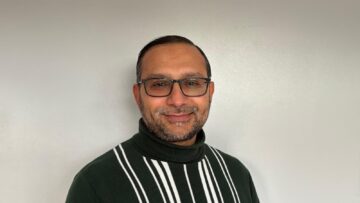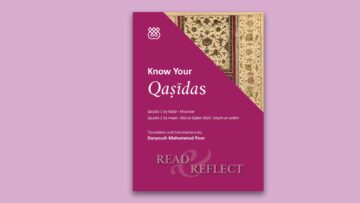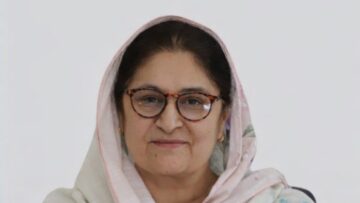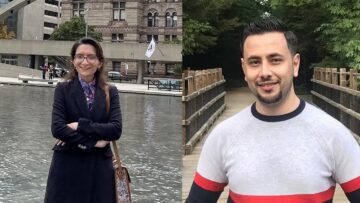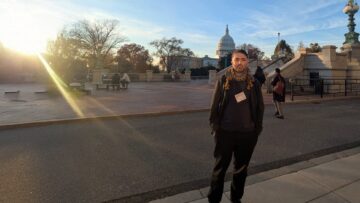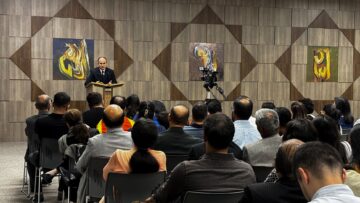The Farhad Daftary Doctoral Scholarship Programme 2025 has awarded the full scholarship to Saad Barcha (GPISH 2025) to pursue his doctoral studies at the University of Oxford.
Saad Barcha hails from Hunza, Pakistan. He completed the Graduate Programme in Islamic Studies and Humanities (GPISH) at the Institute of Ismaili Studies (IIS), followed by a master’s in Musicology at the University of Oxford, where he is currently pursuing a PhD in Music. His research and virtuosity focus on the musical and literary traditions of Northern Pakistan.
Saad says:
“This research examines the evolving role of hareep music in the Hunza Valley of northern Pakistan, a region located at the historic intersection of Central Asia and South Asia along the ancient Silk Route. Traditionally performed by the marginalized Bericho community, hareep has been central to war-related rituals, shamanic trance ceremonies, polo matches, and seasonal festivities. Despite its integral role in Hunza’s cultural life, the Bericho people – historically excluded from education, land ownership, and political voice – faced significant social stigma for their musical practices. Following the disestablishment of the princely state of the princely state of Hunza in 1974, many Bericho distanced themselves from hareep in pursuit of social mobility and acceptance by the Burusho majority, accelerating the decline of this tradition. The research explores how this disassociation, shaped by caste-like social structures and ethnic marginalization, impacted the transmission and perception of hareep across generations.
In the past two decades, hareep has experienced a resurgence as part of a broader cultural revival in Hunza, featured in both communal celebrations and political resistance movements. This project investigates how the contemporary revival and recontextualization of hareep mediates competing narratives of cultural identity, social status, and modernity in post-princely Hunza. It seeks to understand how the Berichos’ engagement, or disengagement, with hareep has influenced their strategies for social integration, and how development initiatives, tourism, and heritage preservation projects have shaped local imaginaries. As a community insider, the researcher challenges the orientalist and outsider-driven frameworks that have historically defined academic discourse on Hunza. It offers a phenomenological, context-rich understanding of hareep’s social and cultural significance. This research also addresses the urgent need for documentation as older musicians pass away, and aims to establish a musical repository while promoting music education in local curricula to combat enduring stigma and ensure the continuity of this endangered tradition.”



